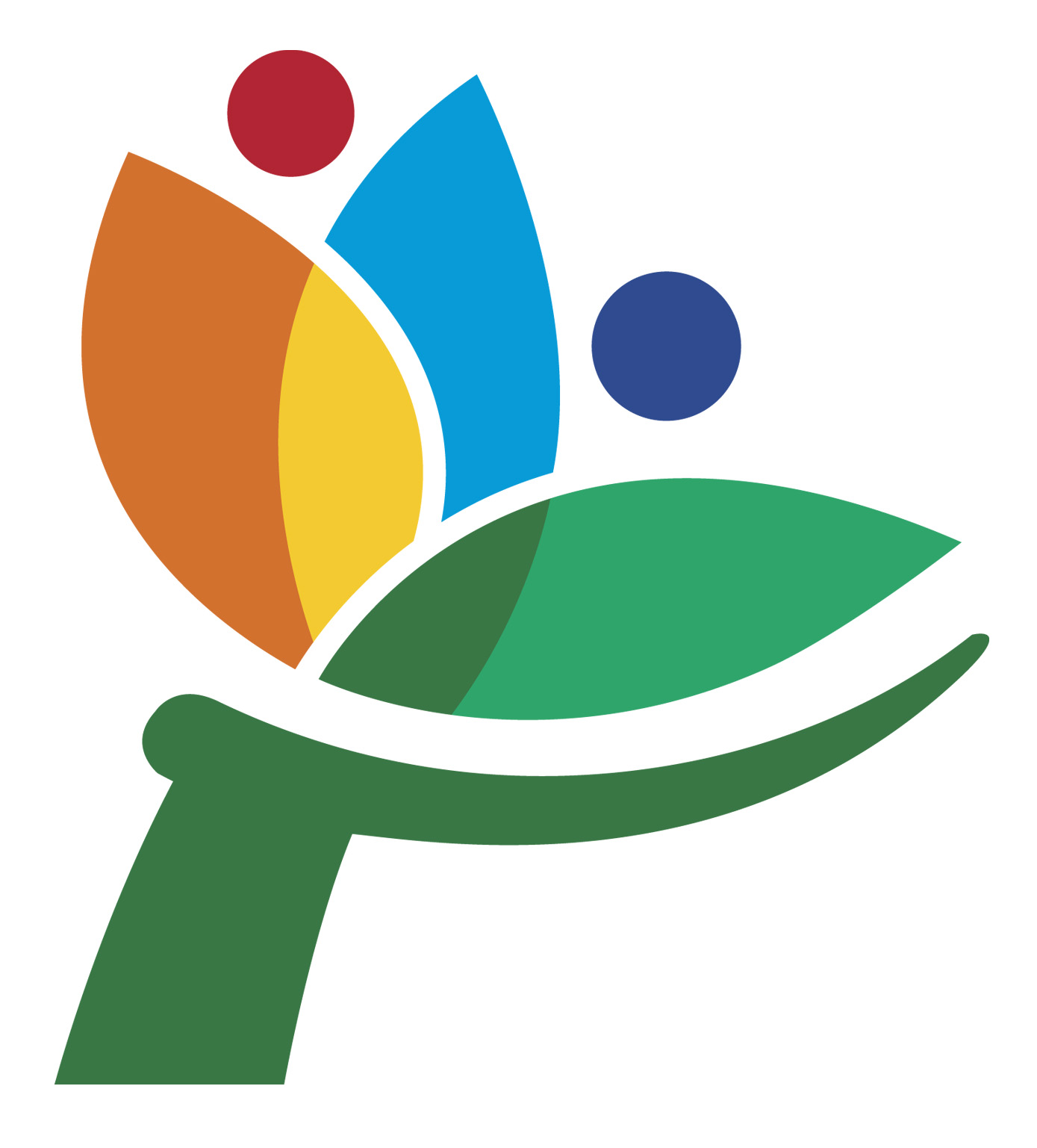Article from Parenthèse published on 20 February 2025, in the Education/Schools, Parenthèse category.
Does your child attend a CSF school and you wonder how we came to have this choice in British Columbia?
It all began with a handful of Francophone parents who united to demand that the province give their children the right to a quality education in French, equivalent to the education of the English-speaking majority. Among these pioneers, we find a key figure, Martine Galibois-Barss.
This gave rise to the Association des parents du programme cadre de français, which became the Fédération des parents francophones de C.-B. in 1998. The Federation has just celebrated its 45 years of leadership at the heart of this movement.
To understand the evolution of the parents’ movement, which still continues today, you need to know the important milestones that have marked its history:
In 1872, the B.C. Schools Act, The Public Schools Act of British Columbia, is adopted.
In 1979, the Fédération des parents francophones de Colombie-Britannique is officially created.
In 1982, the adoption of the Canadian Charter of Rights and Freedoms reinforces minority rights by granting Francophone parents who are “rights holders” the right to instruction in French in provinces where French is not spoken by the majority.
In 1995, the Francophone Education Authority is created, with jurisdiction over the regions included in the Chilliwack – Victoria corridor.
Note: Following a second legal action brought by the parents, the provincial government adopts an amendment to this regulation and gives the CSF jurisdiction over the entire province as of July 1, 1999.
And on June 12, 2020, the Supreme Court of Canada rules in favour of the CSF, the Fédération des parents francophones de C.-B., and co-appellant parents in the legal case on the equivalency between French-language and English-language schools, which had set them against the province’s Ministry of Education.
Who exactly are these “rights holders”?
These are citizens:
- whose first language learned and still understood is French,
- who received their elementary school education in French (in Canada),
- who have at least one child who is or has been educated in French (in Canada).
A distinctive feature in British Columbia: a Francophone immigrant who received his or her education in French abroad is also considered a “rights holder” parent. However, this category is not included in Section 23 of the Canadian Charter of Rights and Freedoms.
But what exactly does this right to education in French guarantee?
- French-language instruction for their children.
- Public schools, whose dual mandate, academic and community, is to provide instruction in French to students and to promote the development and vitality of the Francophone community in which the school is located.
- Management and supervision of French-language schools by and for Francophones.
- School infrastructure of equivalent quality to that offered to the English-speaking majority.
Note: Only K-12 instruction is formally included in Section 23; this is not the case for pre-school and post-secondary level education.

